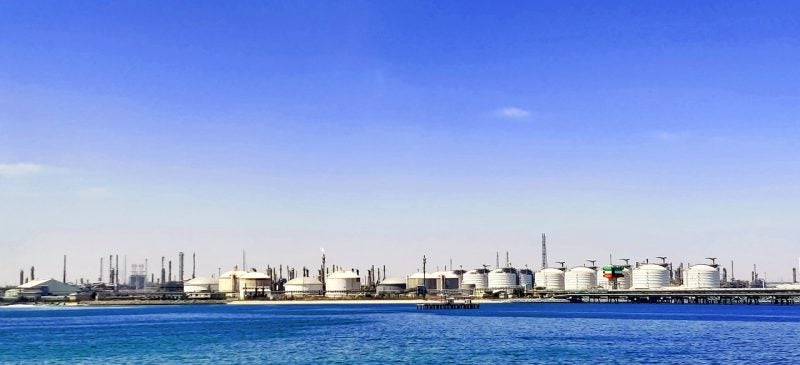
US crude oil traded at historic lows as markets closed on Monday. Oil prices fell below $0 a barrel, turning negative for the first time ever, plummeting nearly $40 in the previous session.
The historic lows are due to growing concerns the US will run out of storage for its oil stocks. The country has huge oil stockpiles due to low demand, caused by the coronavirus Covid-19 lockdown.
Global benchmark Brent crude also declined in response to the crash of demand following reduced economic activity, reported Reuters.
US West Texas Intermediate (WTI) crude for May delivery traded at -$2.58 a barrel.
OANDA brokerage senior market analyst Edward Moya was quoted by the news agency as saying: “Demand destruction from Covid-19 will see a slower than expected reopening of the US economy.
“The WTI crude June contract was able to hold the $20 a barrel level and is seeing a modest gain following the painful rollover of the May contract.”
With industry on lockdown to contain the spread of the novel coronavirus, demand for fuel has tumbled by 30%, resulting in a record surplus of crude oil in need of storage.
Oil storage at Cushing, Oklahoma, which is the delivery point for the US WTI contract, is said to be soaring and is expected to be full within near term.
Production cuts from OPEC+, a group including OPEC countries and other oil producing nations such as Russia, will take effect from next month.
The group has agreed to cut output by a record 9.7 million barrels per day (bpd), to counter the collapse of prices due to the outbreak that shred the demand.
Meanwhile, investors are awaiting data from American Petroleum Institute (API) which would be released later today.


